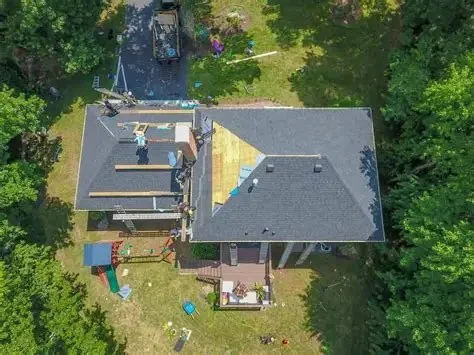
- -Everything You Need to Know About Roof Warranties
- -What is a Roof Warranty?
- -Types of Roof Warranties: Manufacturer vs. Contractor
- -How Roof Warranties Protect Your Home
- -Common Roof Warranty Limitations


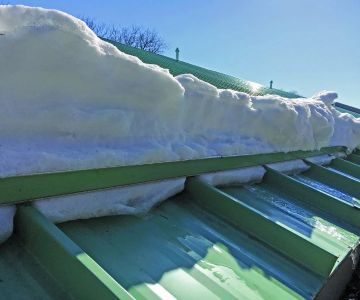
Learn how to manage roof load and prevent damage caused by snow and debris. Understand the importance of regular roof maintenance and how to protect your home from potential roofing issues.
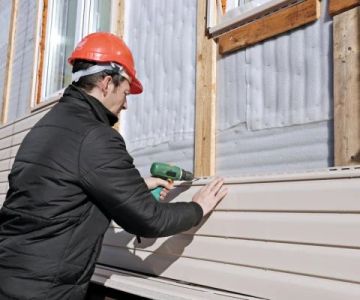
Discover the must-have siding repair tools every homeowner needs. Learn about the essential tools for siding maintenance and how to keep your home's exterior in top shape.
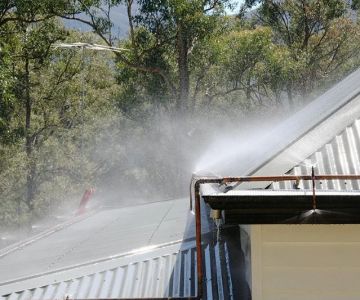
Learn how to prevent water splash damage to your siding caused by irrigation systems. Discover the best siding materials and maintenance tips to protect your home. Visit Total Roofing Hub for expert advice and products.
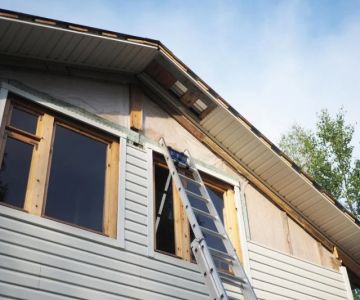
Explore the breakdown of siding repair costs for vinyl, wood, and fiber cement. Understand the factors that influence the price of repairing siding and learn tips for maintaining your siding.
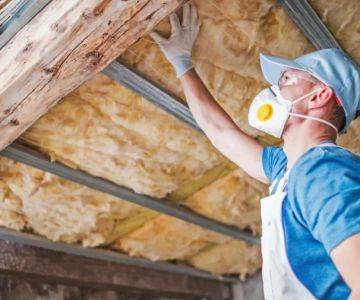
Discover the ideal amount of insulation for your roof to ensure optimal energy efficiency and comfort in your home. Learn how much insulation you really need under your roof and why it matters.
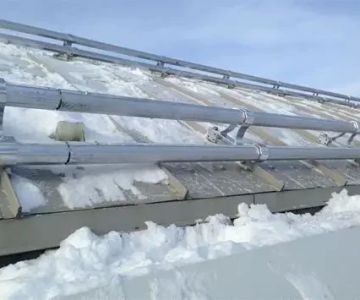
Discover the importance of roof snow guards and whether they are necessary for your home. Learn about their benefits, how they work, and the best options for winter roof protection.
 Skyline Designs Roofing5.0 (99 reviews)
Skyline Designs Roofing5.0 (99 reviews) Perfect Roofing Installations4.0 (60 reviews)
Perfect Roofing Installations4.0 (60 reviews) Dog Tags Construction LLC4.0 (16 reviews)
Dog Tags Construction LLC4.0 (16 reviews)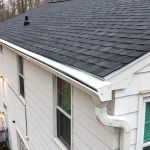 Gutter Shutter of Central Maryland5.0 (9 reviews)
Gutter Shutter of Central Maryland5.0 (9 reviews) Sam Cline Handyman Services4.0 (37 reviews)
Sam Cline Handyman Services4.0 (37 reviews) Paramount Builders Inc.4.0 (302 reviews)
Paramount Builders Inc.4.0 (302 reviews)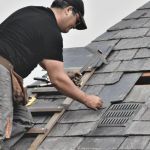 Should I Repair or Replace My Roof?
Should I Repair or Replace My Roof? Top 10 Signs Your Roof Needs Immediate Repair Before It’s Too Late
Top 10 Signs Your Roof Needs Immediate Repair Before It’s Too Late The Pros and Cons of Vinyl Siding: Is It the Right Choice for Your Home?
The Pros and Cons of Vinyl Siding: Is It the Right Choice for Your Home? How to Choose a Reliable Roofing Contractor Near You – Expert Tips
How to Choose a Reliable Roofing Contractor Near You – Expert Tips Top 10 Signs Your Roof Needs Immediate Repair You Shouldn’t Ignore
Top 10 Signs Your Roof Needs Immediate Repair You Shouldn’t Ignore How to Spot Hail Damage on Your Roof | Quick Guide for Homeowners
How to Spot Hail Damage on Your Roof | Quick Guide for Homeowners